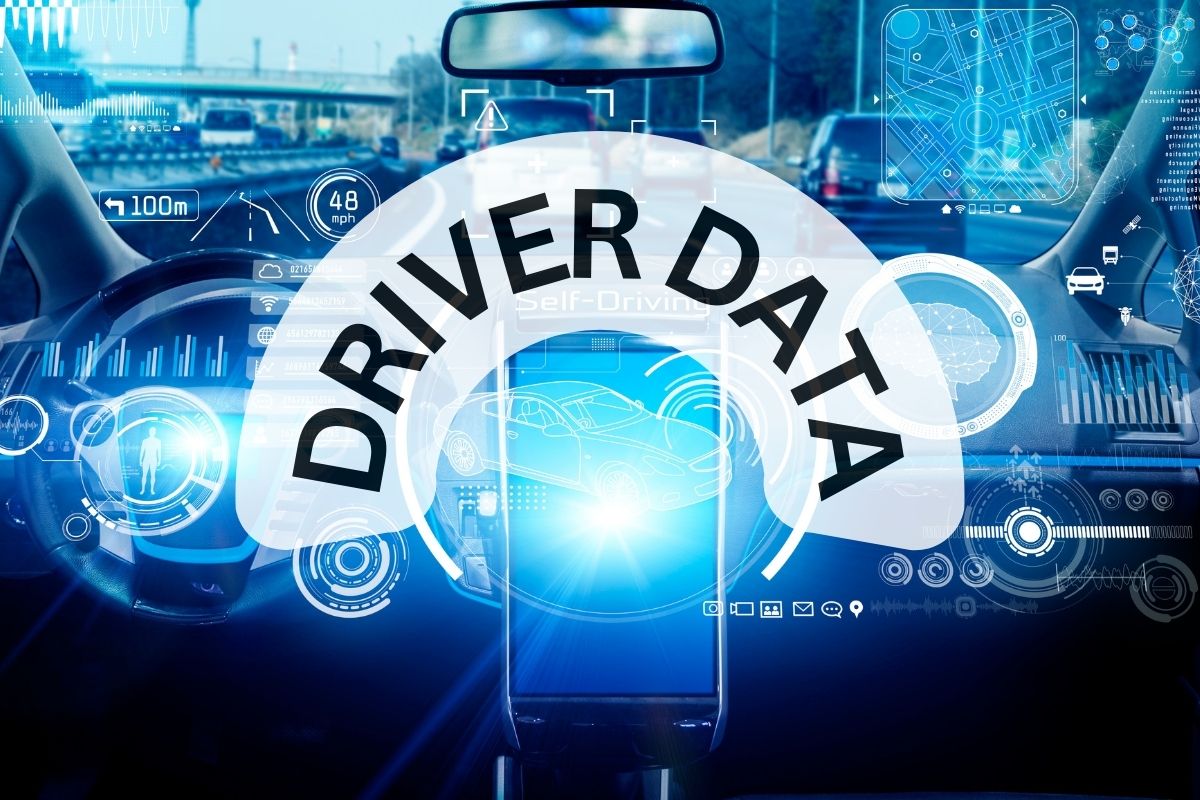Insurance companies have been offering usage-based coverage plans to customers for several years, tracking driving behaviors in order to offer lower risk motorists the opportunity to save on their premiums.
These plans use apps, dongles, or other forms of telematic tracking and transmitting methods
The tracking can include recording how many times a motorist drives, how often they brake hard, if they speed, and how quickly they take corners. Many drivers have been hesitant to enroll in these programs with their insurance companies, despite the offered savings. As it turns out, insurers may be receiving this information regardless, as it is being shared with them by automakers.
![]()
Car companies have been using technology built into vehicles in order to collect driving data to share with insurers. This was revealed in a recent patent application filed by Ford Motor.
Some drivers have been made aware and have given consent. Typically, this occurs when a driver has enrolled in usage-based coverage with insurance companies. Some automakers have integrated the necessary technology into the cars themselves so that when the driver registers for this type of policy, they don’t need to add any extra devices. The data is collected and sent to the insurer.
However, there are other times when drivers know the internet-enabled vehicle is using its connection for services such as roadside assistance, navigation, and car apps for remote location or unlocking. Newer features include apps from automakers that rate a person’s driving. This type of app is offered by companies such as Kia, GM, Honda, and Hyundai.
Drivers aren’t the only ones learning about their habits
What many drivers don’t realize is that when they use those features to rate their driving, they’re not the only ones learning about their habits. In many cases, when those features are turned on, they provide automakers with permission to share that same data with data brokers such as LexisNexis.
Though drivers do need to agree to fine print and privacy policies before starting the use of those features, few ever read those policies, in which it is stated that by agreeing, the data may be shared.
Without agreeing
According to a recent New York Times report, some GM vehicle drivers were being tracked regardless of whether they turned the feature on. The OnStar Smart Driver feature was feeding information directly to their insurance companies. As a result, some drivers were charged higher rates, said the report.

